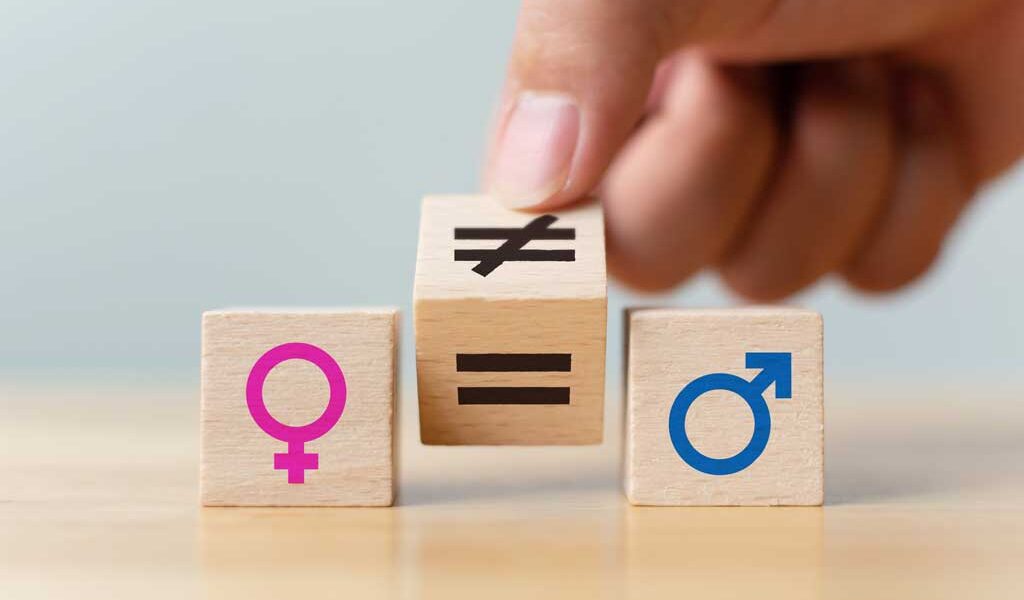Batswana women across the political divide have made far-reaching proposals towards gender parity for consideration in the course of Botswana’s much-awaited constitutional review
GAZETTE REPORTER
Women from across the political spectrum have called on President Mokgweetsi Masisi to appoint an equal number of women and men to the Constitutional Review Commission and to ensure that the process is inclusive and delivers gender equality.
The President announced in the State of the Nation Address (SONA) on 8 November that he would appoint commissioners to lead Botswana’s long-awaited constitutional review by mid-December this year.
Participants in (a) Women’s Political Participation (WPP) Cross-Generation Academy in the Central District commended recognition in the SONA that “gender equality is pivotal to the development of Botswana”. However, they emphasised that it is time to “walk the talk of gender equality”.
Meeting under the banner of “Local Action for Gender Justice,” the women from all five of the main political parties (the BDP, the BPF, the BCP, the BNF and the AP) are serving MPs and councillors and aspiring MPs and councillors for the 2024 elections.
With just two elections until 2030, the deadline for the UN Sustainable Development Goals (SDGs), the representation of women in Parliament increased by just one percentage point from 10 percent to 11 percent in 2019.
Only seven women made it to the 57-member Parliament following the general elections held on 23 October 2019, three women elected and four as Specially Elected Members of Parliament. Women’s political representation at the national level in Botswana is the lowest in the SADC region.
At the local government level, representation is slightly higher at 18 percent, but still well below the SADC target of 50 percent. Rather than progress, the country has seen regression in women’s representation since it peaked in 1999 at 18 percent in central government and 23 percent in local government.
A situation analysis conducted by Gender Links in 2020 found a range of formal and informal barriers to WPP in Botswana, including culture, custom, religion and tradition, lack of support, socialisation, the electoral system and lack of a quota, the media, access to finance and resources and violence against women in politics.
Globally and in the SADC region, it has been shown that the Proportional Representation (PR) system is far more conducive to women’s political participation than the Fist Past the Post (FPTP) system. Furthermore, there is a direct correlation between the existence of Temporary Special Measures (TSM) to increase women’s political participation and their representation in Parliament and local councils. Botswana has a FPTP system and no TSM, leaving it at the bottom of the SADC league.
The training included a case study from neighbouring Zimbabwe which has a FPTP system at both the national and the local levels. However, the 2013 Zimbabwe Constitution added 30 percent seats for women only distributed among parties on a PR basis. Following a concerted campaign led by the Zimbabwe Women in Local Government Forum with the support of Gender Links, this provision has been extended to the local level for the 2023 elections in that country.
The constitutional review provides a unique opportunity to find systemic solutions to WPP in Botswana, drawing on best practice in the region. Women meeting in Palapye are calling for the new constitution to change the electoral system in Botswana to Mixed Member Representation, drawing on the advantages of both the FPTP and PR system. Provision for a 50 percent candidate quota regardless of the electoral system has also been considered. Other resolutions were
* To provide extensive advocacy and awareness on the importance of women’s equal and effective participation in politics, especially at the local level, the coalface of service delivery.
* Capacity building for women, especially young women, to run for political office and become effective agents of change and fund political parties.
Gender Links is conducting five cross–generation academies in the country, starting with two locations, Palapye and Francistown, in November 2021. The academies are week-long sessions covering electoral systems, quotas, electoral processes, election funding, media, communication and campaign skills.
The training is being offered by International Idea, in partnership with Gender Links. It is funded by the Embassy of Sweden in Ethiopia as part of the Enhancing the Inclusion of Women in Political Participation in Africa. The project spans eight African countries: Botswana, the Democratic Republic of the Congo, Eswatini, Cote d’Ivoire, Kenya, Senegal, Tanzania and Zimbabwe.

